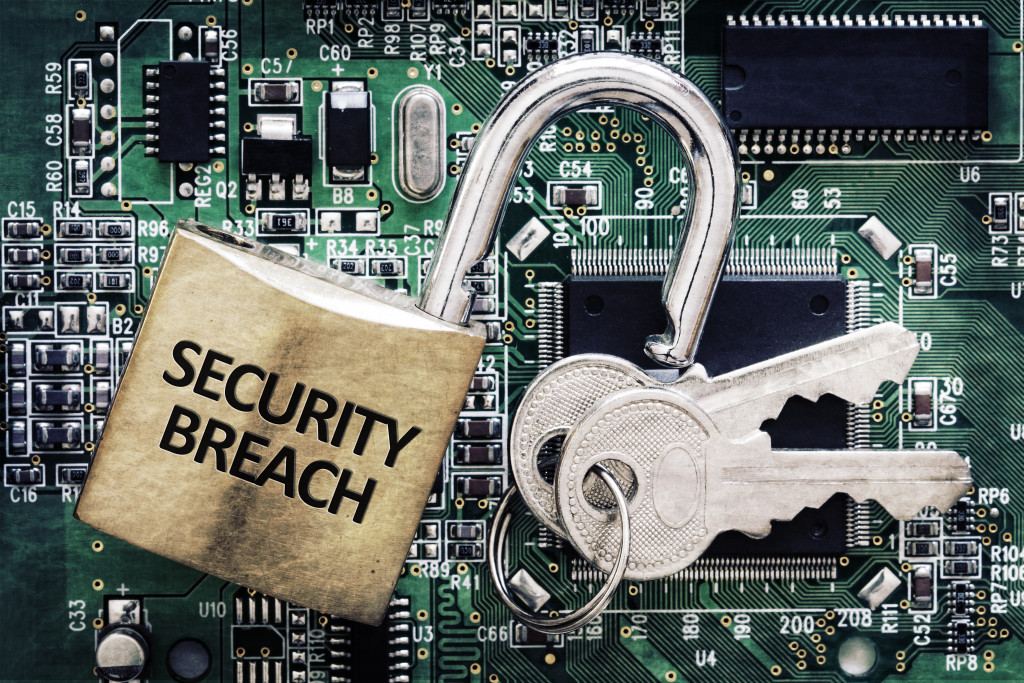Disclaimer: This website provides health information for educational purposes only and is not a substitute for professional medical advice, diagnosis, or treatment. Always seek the guidance of a qualified healthcare provider with any questions you may have.
The healthcare industry is worth trillions of dollars in the United States. It has multiple hospitals and clinics working for the industry, gaining revenues daily. However, crime can also happen within the confines of a hospital or clinic. Some of these crimes can be unique to the industry, while others are general crimes that can cost you your patients and the state of your clinic. Here are some ways you can keep your clinic safe from crimes.
Theft
Property crimes are the most common form of crime in the United States, and clinics aren’t invulnerable to that. Unfortunately, combating theft isn’t as easy as most people think. It requires a web of security systems in place to ensure that no criminal can enter your clinic in the first place.
Start by making an inventory of all the valuable assets in your clinic. This will give you a good idea of what needs to be protected. Next, install security cameras in and around your clinic. Make sure they’re high quality and can identify faces clearly. Place them strategically so they can cover as much ground as possible.
In addition to cameras, invest in a good alarm system. These alarm systems should meet intruders with a loud noise that will scare them off and alert the authorities. Moreover, you should also hire ASAP alarm monitoring services for your clinic. ASAP, also known as Automated Secure Alarm Protocol, can drastically reduce the time necessary for authorities to reach your clinic. It can decrease the chance of theft and catch the robbers red-handed.
Having a good mesh of security systems can ensure your clinic is safe from theft. However, it isn’t only theft you should worry about, but cybercrime.

Cybercrime
Many cybercriminals have found that the healthcare sector is a gold mine for hackers. They can easily collect data from clinics, including patients’ personal and financial information. Hackers can use it to commit identity theft and fraud.
It’s estimated that the most significant data breach in the sector was in 2021, when Accellion lost over 3.5 million patient records to hackers. A single data breach can be a nightmare for smaller clinics as it can cost their clinic to shut down. However, there are various ways you can prevent this from happening. First of which is to keep your systems updated.
Updated Systems
Many clinics use outdated systems that are easy to hack into. Updating your systems makes it much harder for hackers to get into your clinic’s network. You should also have a good firewall in place. It will block any unwanted traffic from accessing your network. You should then encrypt all the data in your clinic.
Data Encryption
Encrypting your data is one of the best ways to protect it from cybercriminals. It’s because even if they manage to get their hands on your data, they won’t be able to make sense of it. You can use various encryption methods, but the most common is AES 256-bit encryption.
Phishing Prevention
Phishing is the most common form of attack in the healthcare sector. This is where hackers send out emails that look like they’re from a legitimate source, such as your clinic. They then use this to get you to click on a link that will take you to a fake website. Once you’re on the website, they can then collect your data.
To prevent this, you should have a good email security system. It will filter out malicious emails and stop them from reaching your inbox. You should also educate your staff about phishing attacks and how to spot them.
Backing Up Data
No matter how good your security systems are, there’s always a chance that something can go wrong. This is why it’s essential to backup all your data. If you get hacked, you’ll still have a copy of your data. You can backup your data in various ways, such as using an external hard drive or cloud storage.
Two-factor Authentication
You should have two-factor authentication if your clinic has a website and patients log in to their accounts. It’s where a patient needs to enter a code that’s sent to their phone before they can log in. It makes it much harder for hackers to access patients’ accounts.
The healthcare sector isn’t safe from digital and physical crime. These crimes can cost a clinic a lot of money or even force them to shut down. However, taking the necessary precautions can help protect your clinic from crime. Moreover, it can keep your clinic running for years to come without the trouble of ever being a victim of crime.

